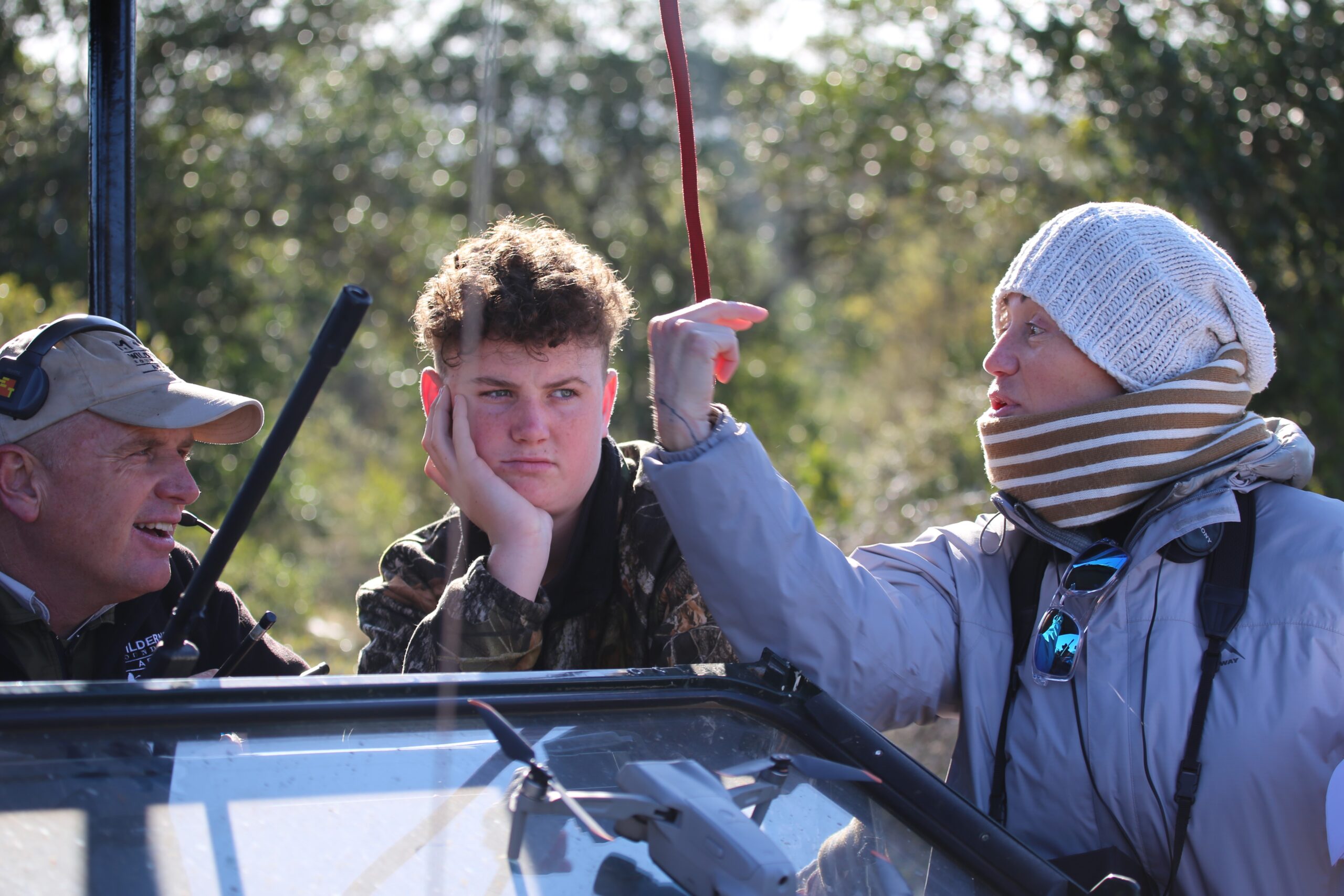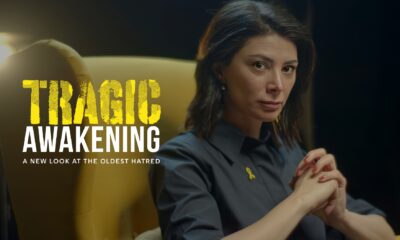
Lifestyle

Oscar nomination confirms The Last Ranger’s relevance
If Cindy Lee hadn’t been recording herself when she found out that the short film she directed, The Last Ranger, was nominated for an Oscar on 23 January, she would never have believed that it had happened.
“We were sitting on a massive Zoom call with all of the cast and crew, the Thanda Choir, and all our American friends with Kindred Films with anticipation and nervous energy,” said Lee, “They announced it so quickly and all of a sudden, the short film category came up, and we were announced fourth. By that time I was just screaming.”
For Lee, to be nominated for her film is an award in and of itself. “It just proves that African stories mean something to the world. The film is in isiXhosa, it’s 28 minutes long, it’s about rhinos, and the world gives a shit about that. They want to see South African stories in our language. For me, that’s the biggest validation possible because I want to keep telling South African stories.”
The short film, based on a true story, tells the story of a young Xhosa girl, Litha (Liyabona Mroqoza) who works with the female game ranger Khuselwa (Avumile Qongqo) at the Amakhala Game Reserve in the Eastern Cape to combat rhino poaching.
Their journey takes a tragic and unexpected turn when they are ambushed by poachers, leading to a battle to protect the rhinos, which uncovers a devastating secret.
This short film is part of a 24-part anthology with American film company Kindred Films which is centred on making 24 films from 24 countries around the world. The Last Ranger was the second film to be debuted in this anthology.
“This film could only have been made here” said Lee. “It’s in isiXhosa, it’s shot in the Eastern Cape, and it’s about one of the important creatures to South Africa, the rhino. You can’t get more South African than this story.”
Lee is the daughter of Moonyeenn Lee, a famed South African casting director, talent agent, and producer. She and her brother, David Lee, the film’s screenwriter were brought up in an environment that embedded a love for storytelling and how it can have an impact on a community.
The script draws on the first-hand experience of David when he accompanied a wildlife vet, Dr William Fowlds, the founder of the Amakhala Game Reserve and head of the African Rhino Conservation Collaboration, to the site of a rhino poaching, and saw the tragedy of Thandi the rhino who survived a poacher attack.
“My brother was so upset and overwhelmed by the experience that when he asked Dr Fowlds what he could do to help, he said go back to Hollywood and write a script, and he leapt at the chance,” said Lee.
Not only was the script written by her brother, Lee was drawn to the project because of her passion for wildlife conservation.
“When you get up close and personal with one of these animals and you see the devastation they go through, it’s hard not to feel compelled to want to do something about it,” she said.
For her, the most devastating thing about it is that a rhino’s horn is practically worthless because it’s made of keratin. “It’s like your nails, it does nothing. And these beautiful beasts are being destroyed for no reason at all.”
To be nominated for an Academy Award, a short film has to have won the overall short film category at one of the Oscar-qualifying film festivals.
The short film was submitted to every film festival they could think of so that they would even have the possibility of getting onto the radar of the Academy of Motion Pictures.
“We got into only a third of the festivals we entered. We didn’t get into any of the big festivals – we didn’t get into Cannes, Sundance, or Telluride,” Lee said.
The film was given a lifeline to Oscar fame when it won Best Short Narrative at the 2024 Pan African Film Festival in Los Angeles.
Once they qualified, the film was then longlisted to be one of 180 other short films, and then shortlisted as one of 15.
The Academy then watched all the films and voted again, and The Last Ranger was selected to be one of five to compete to get that gold Oscar statue.
Lee said that when she screened the film in Los Angeles a month ago at an Academy screening, the voters came out of the screening speechless.
“They said they had no idea that rhinos were being poached, let alone one every 15 hours, so by doing this, we’re putting a spotlight on what’s happening in this country, and we’re trying to urge the government to make sure that legislature is put in place to hold poachers to account.”
Furthermore, though the film showcases the devastation of what rhino poaching can do, it has a political message to stop rhino poaching, Lee said.
At the end of the film, viewers find out that Thandi the rhino has had five babies, and is pregnant with her sixth.
“A rhino dies every 15 hours, so we’ll never be able to keep that up, but Thandi is now pregnant for the sixth time so there’s hope in that,” Lee said. “We see the little girl take up the mantle of being a game ranger. She’s now the protector of Thandi. If we can encourage South Africans to do that, and the youth want to protect the rhino, we can save the rhino.”










